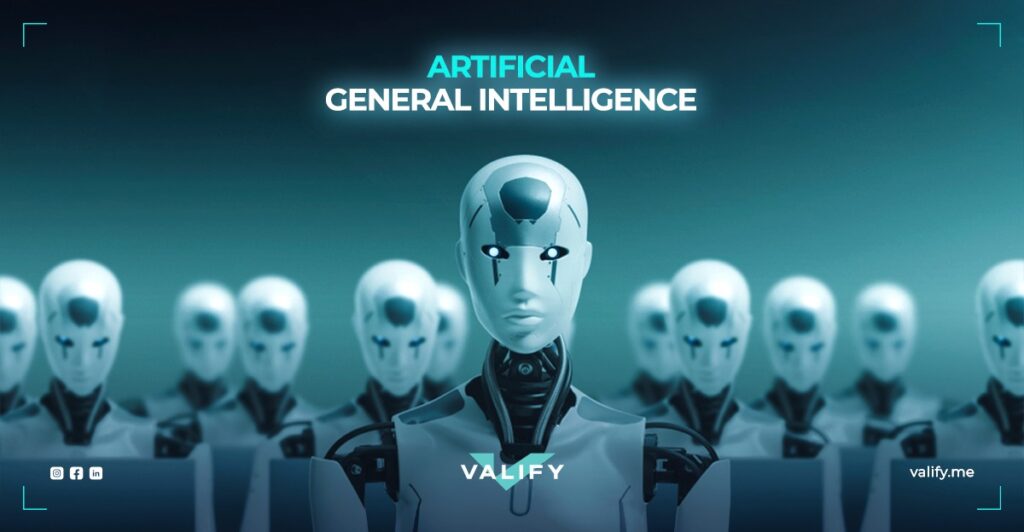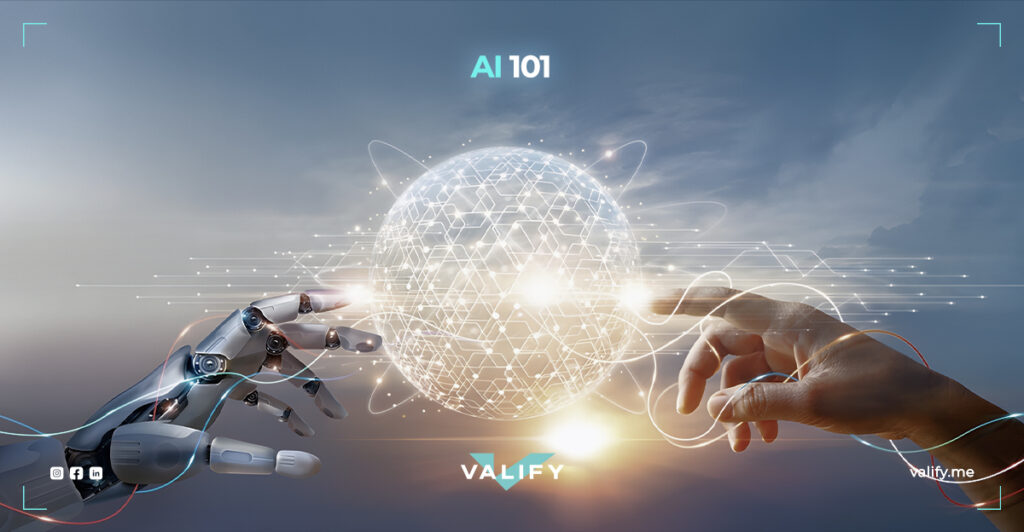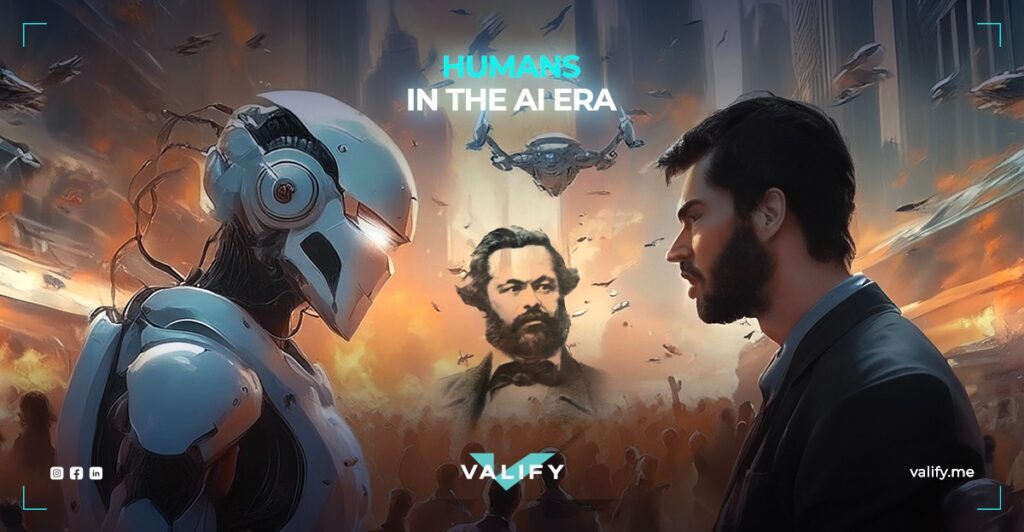Artificial General Intelligence

Can AI recreate the complexity of God’s creation?
It needs to be noted that AI’s end goal is to mimic human brains. However, this is not quite what AI does now, is it? The AI that we are exposed to is Artificial Narrow Intelligence (ANI), and it does not fulfill the purpose of AI; it just represents what we, as humans, are capable of doing for the time being.
General AI, or Artificial General Intelligence (AGI), is the AI system that possesses human-level intelligence. Unlike ANI, which is designed and trained for specific tasks, AGI would have the capacity to understand, learn, and adapt to new situations and tasks independently, similar to the cognitive capabilities of humans.
Key characteristics of general AI include:
- Adapt to new environments, tasks, and challenges without requiring extensive reprogramming or retraining.
- Possess advanced reasoning abilities, allowing it to analyze complex problems, form logical conclusions, and devise effective solutions.
- Has the ability to learn from experience and generalize its knowledge to new situations.
- Able to understand and generate human language in a subtle and contextually appropriate manner. It would be capable of natural language understanding, generation, and interaction, enabling seamless communication with humans and other intelligent agents.
- Has the notion of self-awareness and consciousness, although these aspects remain speculative and controversial.
Potential Benefits of AGI:
- Solving Complex Problems: AGI could help us tackle some of the world’s toughest challenges, like finding cures for diseases, solving climate change, or managing complex systems like cities/economies more efficiently.
- Automation: AGI could automate many tasks that are currently done by humans, freeing people up to focus on more creative and fulfilling work.
- Innovation and Discovery: With its ability to think creatively and learn from vast amounts of data, AGI could lead to breakthroughs in science, technology, and other fields, driving innovation and discovery forward.
- Personalized Assistance: AGI could provide personalized assistance in various aspects of our lives, helping us live better and more fulfilling lives.
- Improved Efficiency and Productivity: AGI could optimize processes and systems, making them more efficient and productive, whether it’s in manufacturing, transportation, agriculture, or other industries.
As providers of eKYC solutions in Egypt, we face significant hurdles when building this technology from the ground up. The potential of Artificial General Intelligence (AGI) to address these challenges is transformative. One of the most exciting aspects of AGI is automation, which directly tackles a critical issue for businesses today: achieving higher efficiency at a lower cost. Many businesses strive to reduce manpower and eliminate manual tasks that are prone to biases, human error, dependency on individuals, and inefficiencies caused by long hierarchical chains.
How Can Automation Increase Productivity?
From an onboarding perspective, automating the onboarding process can lead to:
- Reduced human error
- Shortened onboarding time
- Lower operational costs
- Enhanced efficiency
- Improved quality assurance
Currently, with Artificial Narrow Intelligence (ANI), machine learning technologies are employed to power critical eKYC services such as:
- Optical Character Recognition (OCR) for accurate data extraction
- Face recognition for identity verification
- Liveness detection to prevent fraud
- Data validation for compliance and accuracy
While these technologies have advanced significantly with ANI, the capabilities of AGI could elevate them to an entirely new level. Imagine AGI automating these processes much like how AI today can generate images without the need for graphic designers. Similarly, AGI would eliminate the need for large teams and extensive resources, such as a company employing 20 engineers to build these solutions.
With AGI, the development and implementation of eKYC technology could become faster, more efficient, and more accessible, unlocking unprecedented potential for businesses across Egypt and beyond.
Overall, AGI has the potential to revolutionize how we live, work, and interact with the world, bringing about a future where technology enhances human capabilities and enriches our lives in countless ways. Deep learning is the closest to AGI that we have reached, which is mostly advanced and has shown remarkable success in tasks such as image recognition and natural language processing.
Developing AGI is considered a long-term goal of AI research, and achieving it poses significant scientific, technical, and philosophical challenges. While narrow AI systems excel at specific tasks and have demonstrated impressive capabilities in various domains, they lack the broad and flexible intelligence exhibited by humans. Creating AGI would require advances in areas such as machine learning, cognitive science, and neuroscience.
Published on: July 31, 2024





